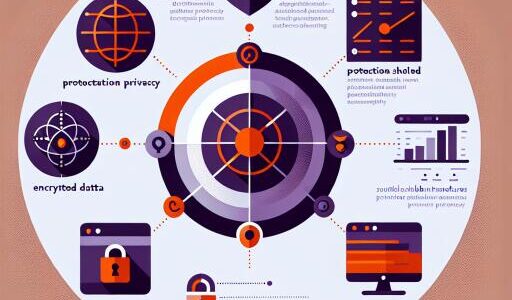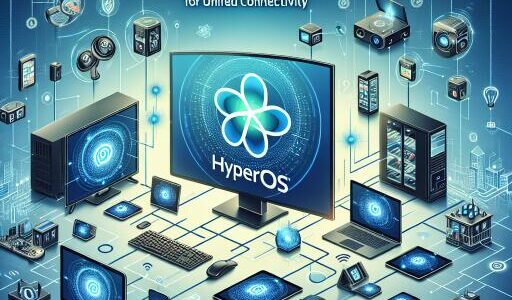Ape Terminal’s Hatu Sheikh Envisions a Boundary-Breaking Future with DePINs
In the exciting world of blockchain and Web3, a new breed of technological innovation is making waves, poised to blend the digital and physical realms in ways formerly unimaginable. Decentralized Physical Infrastructure Networks, or DePINs, stand at the forefront of this pioneering leap, according to industry vanguard Hatu Sheikh of Ape Terminal.
DePINs simplify complex ecosystems into manageable, participatory networks, allowing a diverse group of contributors to come together in building and operating vital physical infrastructure. These networks epitomize the strengths of blockchain, including crypto-economic incentives and trustless coordination, to spearhead developments without the need for traditional, centralized corporate frameworks.
Data sourced from Messari reveals the current market valuation of DePINs at an impressive $2.2 trillion, with projections pointing towards a growth to $3.5 trillion within the next four years. Applications span across sectors, including but not limited to, the Internet of Things (IoT), wireless mesh networks, edge computing, mobility solutions, and energy distribution—a testament to the vast untapped potential of DePINs.
Trailblazers such as Helium, Filecoin, Akash, and the Render Network have played instrumental roles in crafting the foundational aspects necessary for this market to thrive. Their pioneering efforts underscore the transformative capability of DePINs, morphing Web3 from an exclusively digital force into a major player within the physical domain.
The essence of DePINs as the medium for integrating blockchain into the physical world is undeniably revolutionary. This shift not only merges the digital with the tangible but also anchors the once abstract concept of crypto in the everyday economic exchanges and operations critical to society.
Perhaps one of the most enthralling prospects DePINs offer is the acceleration and wide-scale deployment of artificial intelligence. These networks are capable of rallying a global reserve of computing power and resources, providing the necessary fuel for the resource-intensive demands of modern AI without compromising on data privacy or relying heavily on centralized infrastructures.
Peaq Network’s CEO, Leonard Dorlöchter, has described the synchronicity between DePINs and AI as a perfect match, highlighting DePINs’ capability to construct a framework for AI-powered machines to operate as autonomous economic agents within the real world. Innovations such as the tokenization of Teslas and collaborations on decentralized IoT projects illustrate the expanding applications and the potential transformative impact on sectors like healthcare, transportation, and scientific research.
While the path ahead is laden with challenges—securing sustainable funding, ensuring robust security frameworks, and navigating regulatory landscapes—the potential for DePINs to sculpt a decentralized future is immense.
Following the surge in blockchain interest fueled by the generative AI boom of 2023, the stage is set for 2024 to become a watershed moment for DePINs. This burgeoning sector promises not just to overcome the hurdles between the digital and physical worlds but to redefine the very manner in which human societies construct, manage, and engage with the infrastructure and resources that shape our existence.
As DePINs emerge as the centerpiece of the crypto revolution, they herald a new era where the digital and physical coalesce, offering a canvas for the architects of the decentralized future to dream big and deliver even bigger.









